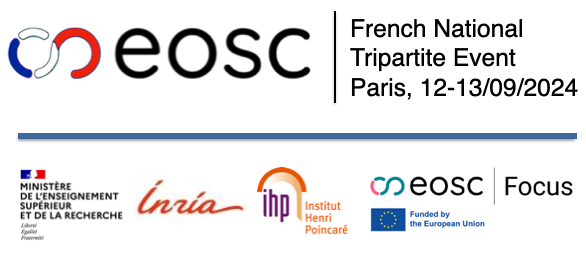The need for close collaboration between the ESFRI and the EOSC was addressed in 2019. Funded by the EU within the H2020 framework programme, five projects linked EOSC with ESFRI-endorsed Research Infrastructures (RIs) and other world-class RIs, forming five Science Clusters (https://science-clusters.eu/).
These Science Clusters have taken different paths to become long-term structures: through Memoranda of Understanding (SSHOC), international Collaboration Agreements (ESCAPE), building on established consortia of thematic RIs (EOSC Life) or in an on-going process, relying on existing cooperative frameworks or groups of domain-based RIs (ENVRI, PANOSC). They enable continued community-based commitment to support data-intensive research and open science.
The Science Clusters, representing distinct scientific domains, integrate multiple RIs. Their actions contribute to harmonized models for data access, tools, workflows, and training. Operating as a cluster of clusters in projects like OSCARS (https://oscars-project.eu/) and EVERSE (https://everse.software/ ), they align with Horizon Europe goals, ensuring the successful implementation of EOSC. After five years of collaborative efforts the Science Clusters' have provided a vision for the future and prospect their contributions to the future architecture of EOSC.
- Vidéo
- Poster

 PDF version
PDF version

